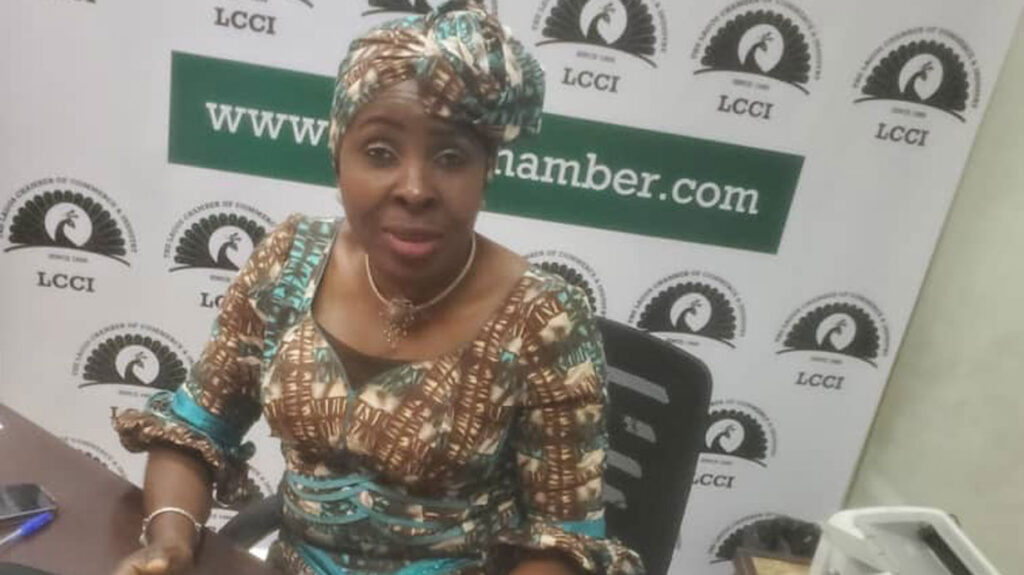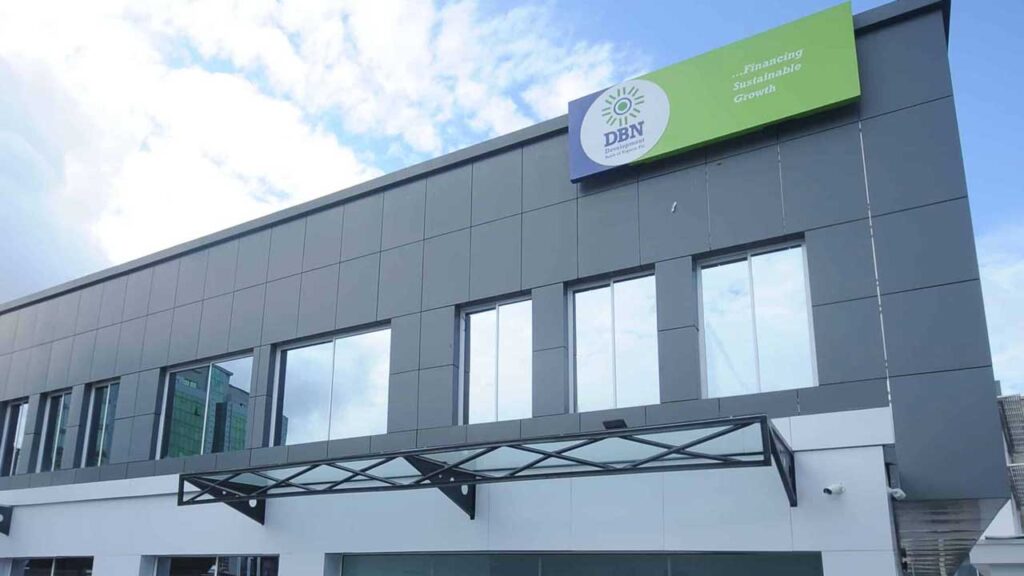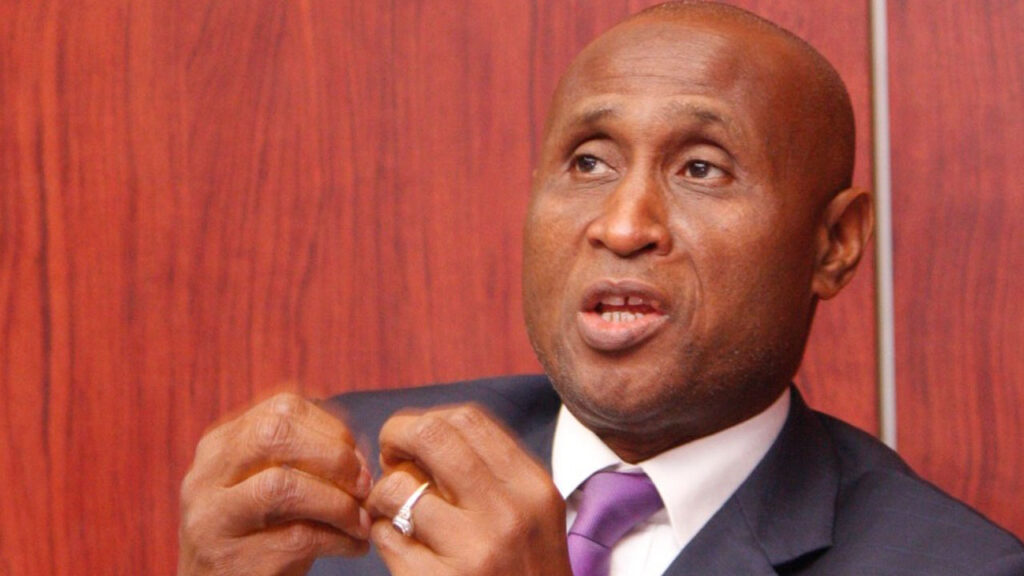
In terms of the maturity of the Internet ecosystem in Africa, South Africa has edged Nigeria, Kenya and others.
According to the draft final report of the 2023 Africa Domain Name Industry Study by the Internet Corporation for Assigned Names and Numbers (ICANN), South Africa has the highest number of Internet domain registrations, as well as Internet exchange points (IXPs) on the African continent.
The report showed that SA has over 1.3 million domain names registered, and the bulk of these are in the co.za registry; Nigeria’s .ng has about 183,000 and Kenya’s .ke, 156,000.
ICANN noted that the uptake of domain names locally is also affected by the individual country’s ICT regulations and laws. For example, it noted that fear of domain shut down by the government led to many users resorting to generic domain names.
According to the study, as of November 2023, the total number of domains registered under African ccTLDs was just over 4.3 million, stressing that in addition, there are about 1.4 million registrations in the gTLDs by African entities.
It said approximately one per cent of gTLD domains are registered by Africans and registrations by Africans of gTLD domains total approximately 1.4 million, the bulk of which (~1.2 million) are .COM domains.
ICANN said research indicated that high Internet access costs, the lack of digital infrastructure and the fact that African Internet access is primarily via mobile devices has constrained demand for domain names.
Contextualizing the DNS industry within the overall African Internet and digital communications infrastructure ecosystem, the report noted that although Africa is a very diverse region, most countries on the continent fall at the bottom of the global rankings of digital uptake and use. For example, it said that of the 33 lowest-ranked countries in the 2023 Networked Readiness Report, all are in Africa.
The study said in terms of Internet Protocol (IP) resources, out of the global usage, Africa accounted for only 2.4 per cent of IPv4 and one per cent of IPv6 addresses.
Nonetheless, ICANN said growth in local Internet infrastructure is speeding up, with 63 fully operational Internet Exchange Point (IXPs) in 38 countries (up from 36 in 26 countries in 2016) and an increasing number of fully-fledged data centres being built. It recalled that in 2016 the research had already confirmed that there is a correlation between the number of IXPs in a country and the maturity of the local industry, that is, countries with more IXPs had a more mature DNS industry.
The study, while analysing the volumes of web page content indexed by Google found that 66 per cent of 644 million African pages indexed are in just 10 countries, which are South Africa, Nigeria, Egypt, Morocco, Kenya, Tunisia, Tanzania, Algeria, Mauritius, Sao Tome & Principe. It however, noted that the spread is better, now, as previously 75 per cent of content was concentrated in just seven countries.
According to the report, the highest number of domain name registrations by African entities takes place mainly in countries where the local hosting industry and web development sector has developed sufficiently to create demand for local domains that is mostly in South Africa, Egypt, Mauritius, Nigeria, Kenya, Zimbabwe, Uganda, Tunisia and Morocco. The research also confirmed zero or low levels of local hosting in many countries in the region as 41 countries hosted over 95 per cent of their gTLD domains outside Africa.
Compared to other regions, Africa has a very small number of ICANN accredited Registrars. According to the ICANN web site, in total, there are only 13 ICANN accredited registrars in the region three in South Africa, two in Morocco and Nigeria and one each in Burundi, Ghana, Mauritius, Senegal, Seychelles and Tunisia out of a global total of 1,122.
It stressed that there are many more Registrars than 13 ICANN-accredited ones that are active in Africa with South Africa having the most, with 622 Registrars accredited by the ZARC.













